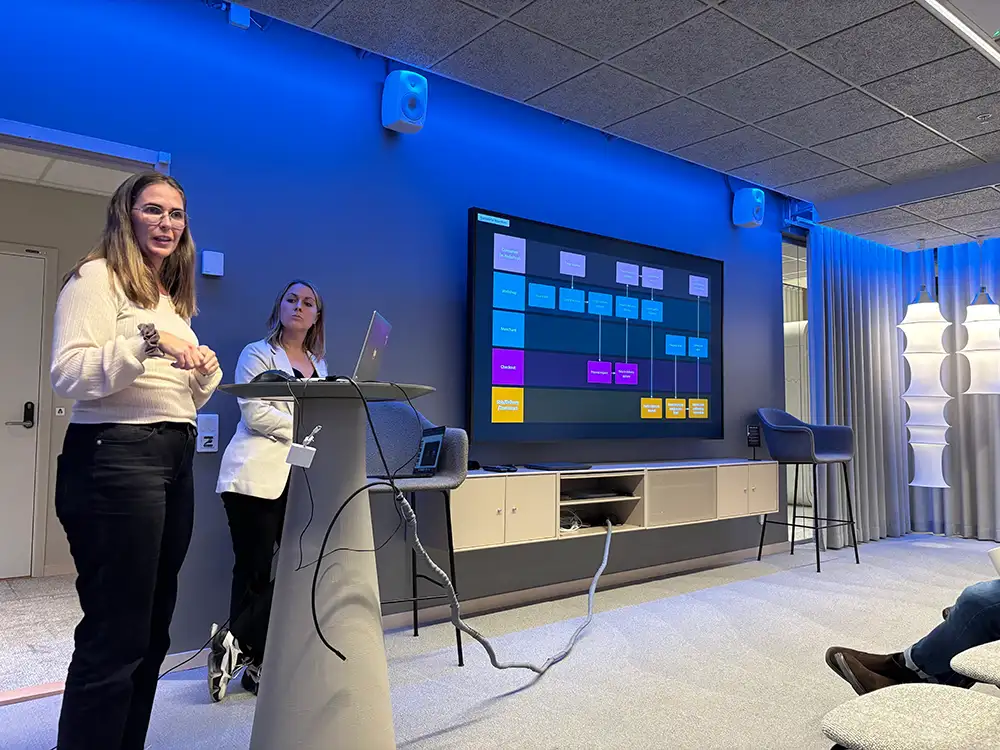
Nowadays, most customers expect free delivery. After the previous two years of the pandemic, customers have become used to their parcels being sent to their home, at no extra charge. With fast-shipping delivery services and marketplaces on the rise, combined with the growing popularity of bicycle delivery within twenty minutes in urban areas, customer expectations are becoming more demanding than ever. However, rapid free shipping isn’t always economically viable for retailers, and can impact revenue. In this blog, we’ll look at some ways which retailers can rethink their strategy, in order to provide free shipping, without taking a hit.
1. Raise the minimum spend
In order to make back the money ‘lost’ on free shipping, one way to ensure that your business isn’t missing out on profit, is to raise the minimum spend. Customers can qualify for free shipping by spending more, which gives the retailer a safety net by bringing in more money. Money spent on shipping small orders isn’t sustainable, whereas if customers are incentivized to spend more, then it becomes worth it for the retailer. Many shoppers love free shipping, and are therefore happy to spend more in order to get it—although the one catch to look out for is putting customers off, by raising the spend threshold.
2. Build shipping into the price of products
If you’re not willing to raise the threshold at which customers get free delivery, then it’s important to incorporate it into the overall costs of the products, in order make it sustainable. This can be considered a form of ‘invisible delivery costs’, where the customer doesn’t see the fee they’re paying for delivery, because it’s accounted for.
3. Use free shipping within campaigns
If you’re not offering free shipping all the time, then it can be used as leverage for a campaign you might be running—for example, included in Black Friday deals. Free shipping could be used as an incentive for the customer to make an order, purchase a discounted product, or generally be more likely to give your product a go, if they weren't sure before.
4. Offer free shipping to new customers
Offering free shipping to new shoppers, on their first order, is often an excellent strategy for acquiring new customers. It then provides the opportunity for retailers to continue this relationship, and retain them through other methods. This way, you’re not always guaranteeing free delivery, instead, using it in a financially sustainable way.
5. Include free shipping in memberships
We can probably all think of a few places that might offer free delivery, when paying a flat cost for a year—and it’s likely that we might be members to a few. These subscription schemes often offer competitive pricing, but provide an incentive for retailers to offer them, as customers might choose their brand, over a competitor, because they have already paid for free delivery. This can keep customers returning and spending more overall.
You can offer consumers the delivery choices they demand and turn baskets into sales with nShift Checkout, one of our flagship products that gives consumers the freedom to choose where, when and how their parcels are delivered.
About the author





